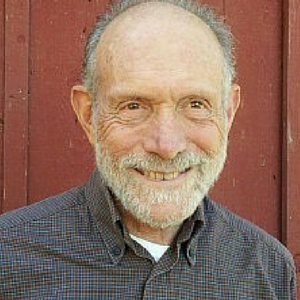FOLLOWERS of that great pioneer of nonviolent action, the late Gene Sharp, often speak of the “pillars of support:” no dictator can function without police, armies, bureaucracies to carry out their orders (I suppose today we’d have to add a “deep state”). It is much more effective to erode these pillars, rendering the autocrat ineffectual, than to focus on his person, leaving his power intact. Would it not then be, in the long run, even more effective to work on not just the pillars but the foundation? That’s why we were so pleased to see this comment by Lisa López and Eduardo Burger in this weeks “Minds of the Movement” from the International Center on Nonviolent Conflict on a remarkable popular movement going on in Venezuela, organized with high creativity not in big meetings or social media but the “Labo” (laboratory) of a Caracas bookstore:
These actions have helped the Labo understand that if repression succeeds by treating people like mere objects, then it is critical to design actions where participants preserve their individuality and capability of interacting as human beings—not as mere numbers in a street action.
Shades of Mario Savio’s famous speech! And well said, because violence is dehumanization, pure and simple; and rehumanization is, pure and simple, the foundation of any long-term success against it. If we forget, in our movements, to treat each other as human beings we may succeed to dislodge a bad regime but will lack secure foundations for a better one.








